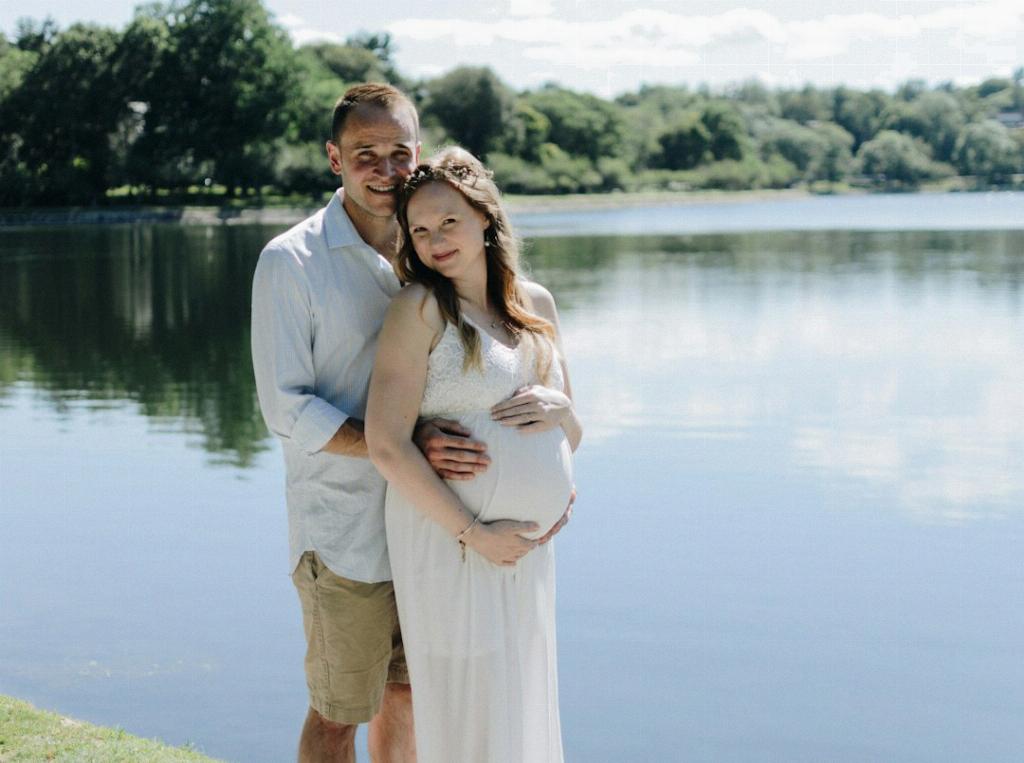When it comes to taking home pregnancy tests, the excitement and anticipation can be overwhelming. The moment those two pink lines appear, signaling a positive result, it can be a life-changing experience for many individuals. However, it’s essential to recognize that while home pregnancy tests are generally reliable, there are instances where they may produce a false-positive result.
Home pregnancy tests work by detecting the hormone human chorionic gonadotropin (hCG) in the urine. This hormone is produced by the placenta after a fertilized egg attaches to the uterine lining. In most cases, home pregnancy tests are up to 99% accurate when taken correctly. However, there are several factors that can potentially lead to a false-positive result.
One common reason for a false-positive pregnancy test is incorrect test usage. It’s crucial to carefully follow the instructions provided with the test, including the timing of the test and how to interpret the results. Using an expired or damaged test can also alter the results, leading to inaccuracies.
Another factor to consider is the presence of certain medications in the individual’s system. Some medications, such as certain fertility drugs and those containing hCG, can interfere with the test results, potentially causing a false-positive reading. It’s essential to consult with a healthcare provider about any medications being taken that could impact the test.
Furthermore, individuals who have recently undergone abortions or miscarriages may still have hCG in their system, leading to a false-positive result on a pregnancy test. This residual hCG can linger in the body for some time after the pregnancy has ended, causing confusion when taking a new test.
In some rare cases, medical conditions such as certain types of cancer can also produce hCG levels that may result in a false-positive pregnancy test. It’s essential for individuals experiencing unexpected or confusing results to seek medical advice to rule out any underlying health issues.
Given these factors, it is indeed possible for two positive pregnancy tests to be incorrect. While the likelihood of this occurrence is low, it’s crucial for individuals to approach the situation with caution and seek guidance from healthcare professionals to confirm the pregnancy status accurately.
When faced with multiple positive pregnancy tests, it’s recommended to schedule an appointment with a healthcare provider as soon as possible. A doctor can conduct a confirmatory blood test to measure hCG levels accurately and determine the true pregnancy status. This medical evaluation can provide peace of mind and ensure proper prenatal care if indeed pregnant.
Additionally, speaking openly with a healthcare provider about any concerns or uncertainties regarding the test results is vital. Healthcare professionals are trained to offer guidance, support, and accurate information to help individuals navigate their reproductive health journey effectively.
It’s crucial to remember that home pregnancy tests are valuable tools for detecting early pregnancy, but they are not infallible. Factors such as user error, medication interference, and previous pregnancies can impact the test results. Seeking professional medical advice is the best course of action when in doubt about the accuracy of a positive pregnancy test.
In conclusion, while two positive pregnancy tests may suggest a high likelihood of pregnancy, it’s essential to consider the potential for inaccuracies. By understanding the factors that can lead to false-positive results and seeking medical confirmation, individuals can approach the situation with informed decision-making and clarity.

